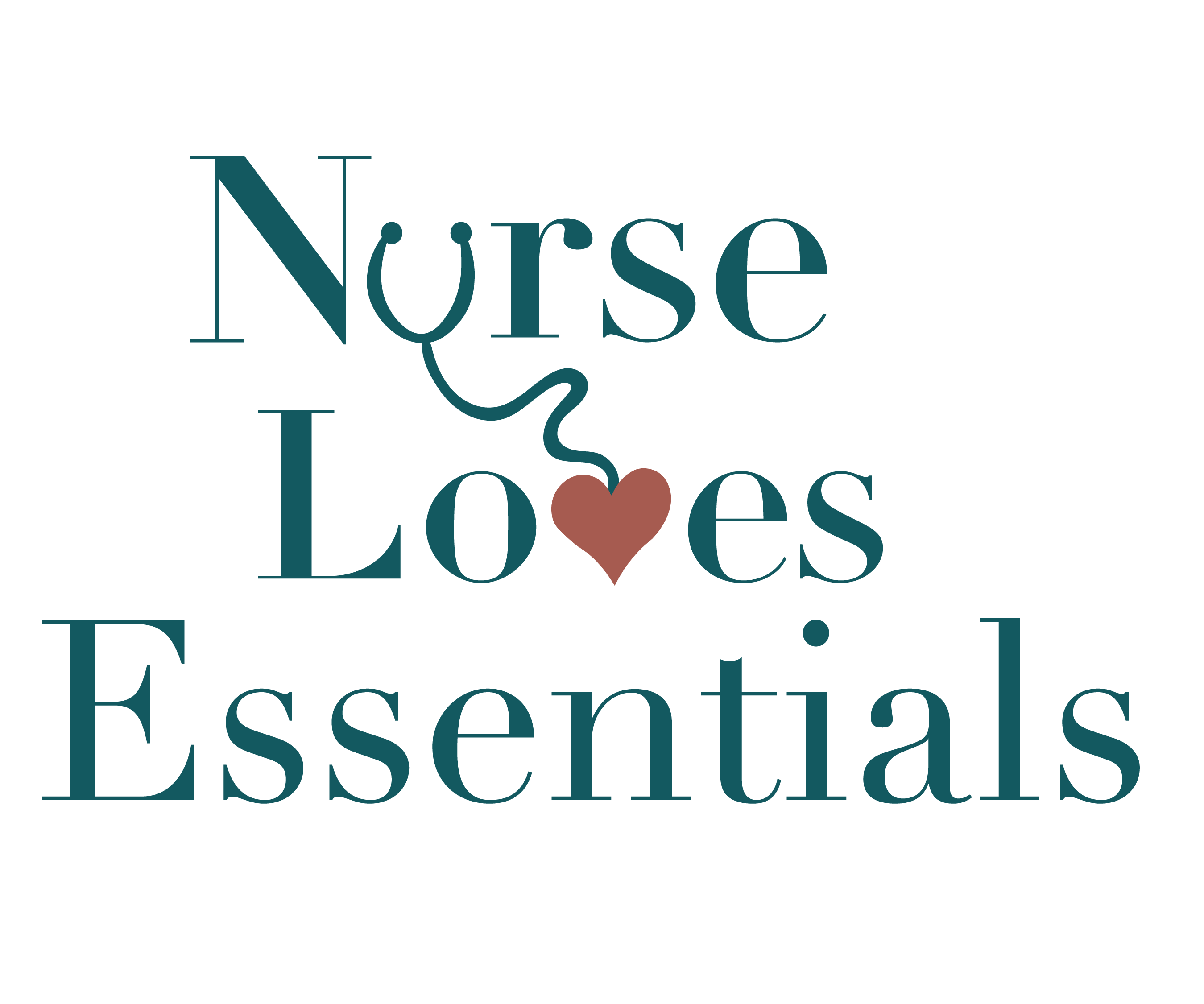
Believe it or not, you are not the only person living with chronic illness and battling guilt. Almost every single person with chronic illness deals with a form of guilt. It could be the guilt of unknowingly being a contributing factor or the guilt of not being able to meet up with people’s expectations.
It might be puzzling to think that someone would feel guilty because the doctor told them that they are ill, but that’s the reality that people living with chronic illnesses face daily. Guilt is often a result of an ‘assumed’ thought of what others think and is, therefore, primarily self-inflicted.
It is not okay for you to feel guilty, although it happens. It is also not okay to think that you are the reason for the illness. You are not a perpetrator; you are a victim, meaning that guilt has no place in your dictionary.
So, what do you do on days when you start feeling guilty when you shouldn’t? You’ll see the answer to this as you read more.
What is guilt?
There are many definitions of guilt, but I’ll give it a little twist by relating it to the various circumstances that might make you feel guilty, especially when you have a chronic illness.
Guilt is a negative emotion that comes upon an individual when:
- there is a realization that their actions may have hurt others’ feelings.
- there is a realization that their actions may have caused a negative consequence.
- they think they’ve failed to meet the expectations of someone else.
- they feel they could’ve done something to stop an occurrence but didn’t.
In summary, guilt is a feeling of responsibility and regret toward something that may be real, exaggerated, or imaginary.
I think people with chronic illness experience guilt because of decreased self-esteem and the desire to still live up to people’s expectations. Acknowledge your vulnerabilities and set boundaries for yourself and others.
Why do you feel guilty?
As earlier said, there are different reasons why people feel guilty. When it comes to chronic illnesses, it is based on the fact that you will need to abide by limitations and lifestyle changes. The problem is that these changes usually come at a cost—not meeting people’s expectations.
Here are some circumstances that might make you feel guilty:
Not spending time with loved ones
Chronic illnesses like endometriosis, fibromyalgia, and rheumatoid arthritis might make going out a burden. You stay indoors often and avoid much contact with people, which might make you feel guilty for missing out on family time.
Canceling plans last minute
One of the realities of chronic illness is its unpredictability. You might give your word on your availability but later take a rain check because of a symptom surge. And you might feel guilty for not keeping to your word.
However, you can rectify this by letting the other person know that your availability status will likely change, making it less painful when you have to cancel plans.
Calling in sick constantly
Depending on your chronic illness type, you might have to call in sick at work, like five working days in a month or more. And you might feel like you are slacking off or giving your coworkers and boss added responsibilities. But you can find a work-life balance that will help you be your most productive self even when you take days off.

Being ‘less-useful’
Everyday household tasks can become super stressful and impossible. Sometimes, getting up from bed can be impossible—this is a reality. As a result, you might feel like you aren’t helpful to yourself and your family.
Being a burden
There are times when you have to be carried to clinical appointments or the emergency ward. Aside from the physical demands, there are medical and maintenance bills.
You might feel like you’re the reason for the cancelation of plans or more bills to pay. However, please note that your loved ones understand it is not your fault, and you can never be a burden to them.
Not being as active as expected
Physical activities like exercises, hanging out with friends, and attending outdoor events can become reduced or non-existent. The truth is that your social life might go downhill because of the lifestyle adjustments you will make.
Wasting money on healthcare
The financial stress of chronic illness is not even funny. You have to pay for many things, including consultations and diet, and there is a limit to what your medical insurance can cover, which leaves you sourcing help from friends and family.
You might see it as wasting money on healthcare, but your loved ones will see it as a form of showing their love. So, stop feeling guilty about that.
Inability to contribute financially
Chronic illness might make you lose your job or run out of business, and you will feel guilty about not being able to contribute to your required financial responsibilities. But you can run a successful business while dealing with chronic illness. All it takes is to manage tasks, delegate the minor ones, outsource services, and know when you need to take a break.
Food restrictions
Imagine going to a restaurant and not eating any available foods because they contradict your doctor’s diet. Your food restrictions might become challenging, especially when someone genuinely cares and fends for your bills. What you need to do is to decline the offer and briefly explain your reasons respectfully. You can also provide an alternative option when possible.

How to overcome the guilt of living with chronic illness
Here are some trusted ways you can use to overcome the guilt that chronic illness brings:
1. Acknowledge your vulnerability
Acknowledging your vulnerability means you do not set unrealistic standards for yourself and do not feel the need to meet other’s expectations of you. You know your limits and do not exceed them, which will help you stop feeling guilty or regretful when you cannot meet up with a schedule, task, or fun time.
2. Applaud your efforts
When you go out or finish a task, give yourself a treat. Acknowledge it as an achievement only you can pull off and pat yourself on the back. You are not using your condition as an excuse to be lazy, and you do your best whenever you can—this is what it interprets to you whenever the guilt tries to come.
3. Surround yourself with positivity
Make sure to surround yourself with positivity. One of the reasons why guilt lingers is because of negativity. If your friends don’t encourage you or you stay in an environment that makes you want to meet unrealistic standards, then change your environment and set boundaries with those friends, even if it means cutting them off.
4. Learn self-motivation
Learn how to self-talk. Talk to yourself using positive affirmations, stand in front of your mirror, find something about yourself that you love, and constantly remind yourself of those things no matter how little it is.
5. It’s okay not to be okay
It’s totally fine that your health is not the same as everyone else’s, and you need to be more careful than others. It is okay to feel bad and not be in the best of moods, but what matters is that you get out of that bad mood.
6. Keep a gratitude journal
Find little things to be grateful for and note them down. These things will keep your mind off all the negative feelings and emotions. Go through your gratitude journal whenever you can and bask in that feeling of all the achievements you’ve had over time.

7. Accept the love
Accept love without questioning or feeling like a burden whenever you receive it. Those who love you love you completely and will never view you as a burden. Don’t question love; teach yourself to accept it unconditionally because that is how it was given.
8. Accept your humanity
You are a human being, so you are not perfect. Accept this and stop setting unrealistic goals and putting pressure on yourself. Have your goals and dreams but go at them at a reasonable pace without comparing yourself to others.
9. Self-compassion
Have compassion for yourself. Be empathetic towards yourself and your condition.
10. Engage in feel-good exercises
Any exercise that makes you feel good should become a new habit: walking, yoga, dancing, or jogging. However, confirm with your doctor the exercises that are safe for you.
It could even be as simple as listening to music or cooking.
11. Talk with a therapist
Guilt might be challenging to deal with on your own, and you might need professional help, especially if you have allowed yourself to feel guilty for a long time. It’s okay to talk with a therapist, and you will definitely be able to get all the help you’ll need to identify, deal with, overcome, and prevent yourself from constantly feeling guilty.
Conclusion
Guilt happens when people don’t understand why you are always tired when you don’t do much, or why you don’t meet the expectations they have set for you, and as a result, you feel like you’ve let yourself and others down.
Nobody living with chronic illness should deal with strong negative emotions like guilt. Although I can’t pinpoint the exact reasons you might feel guilty, overcoming guilt is by making peace within yourself, understanding your new reality, and being content with it. Learn that it is actually okay not to be okay, and you are doing the best anyone in your condition will do.
Guess what! You might have won a couple of Guinness World Records without even knowing!
Were there any exact reasons that caused or triggered the feeling of guilt in you? What do you do on days you feel guilty?
READ ALSO: How to Stay Positive When Dealing with a Chronic Illness




0 Comments